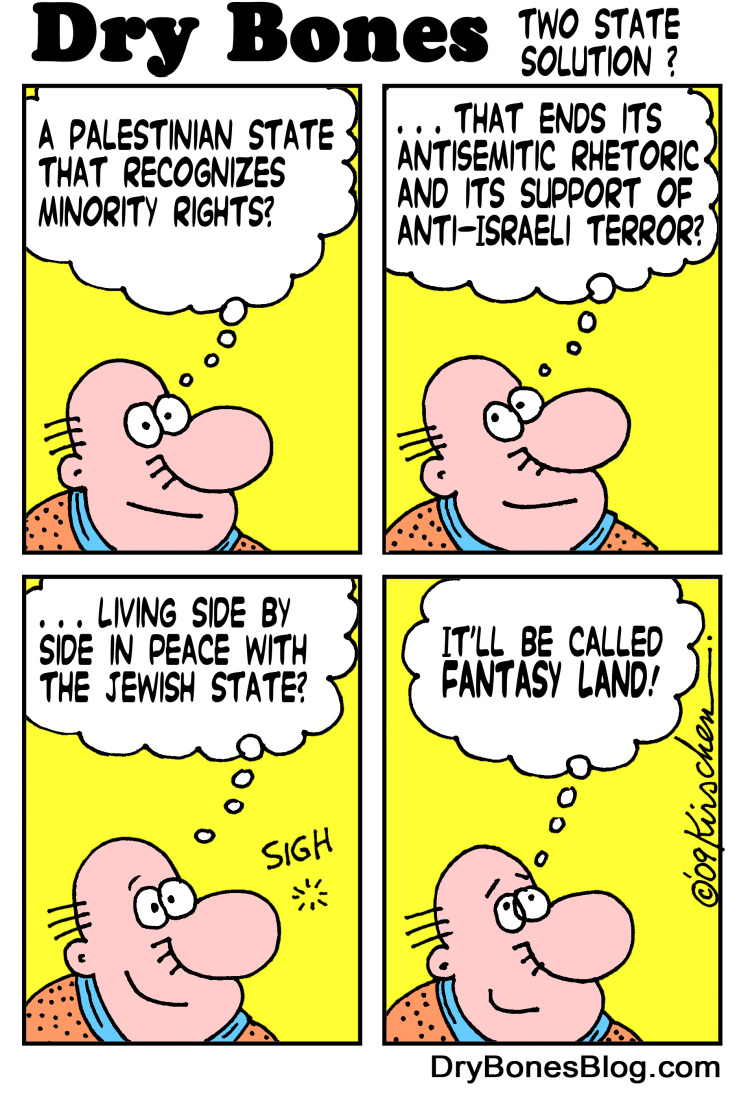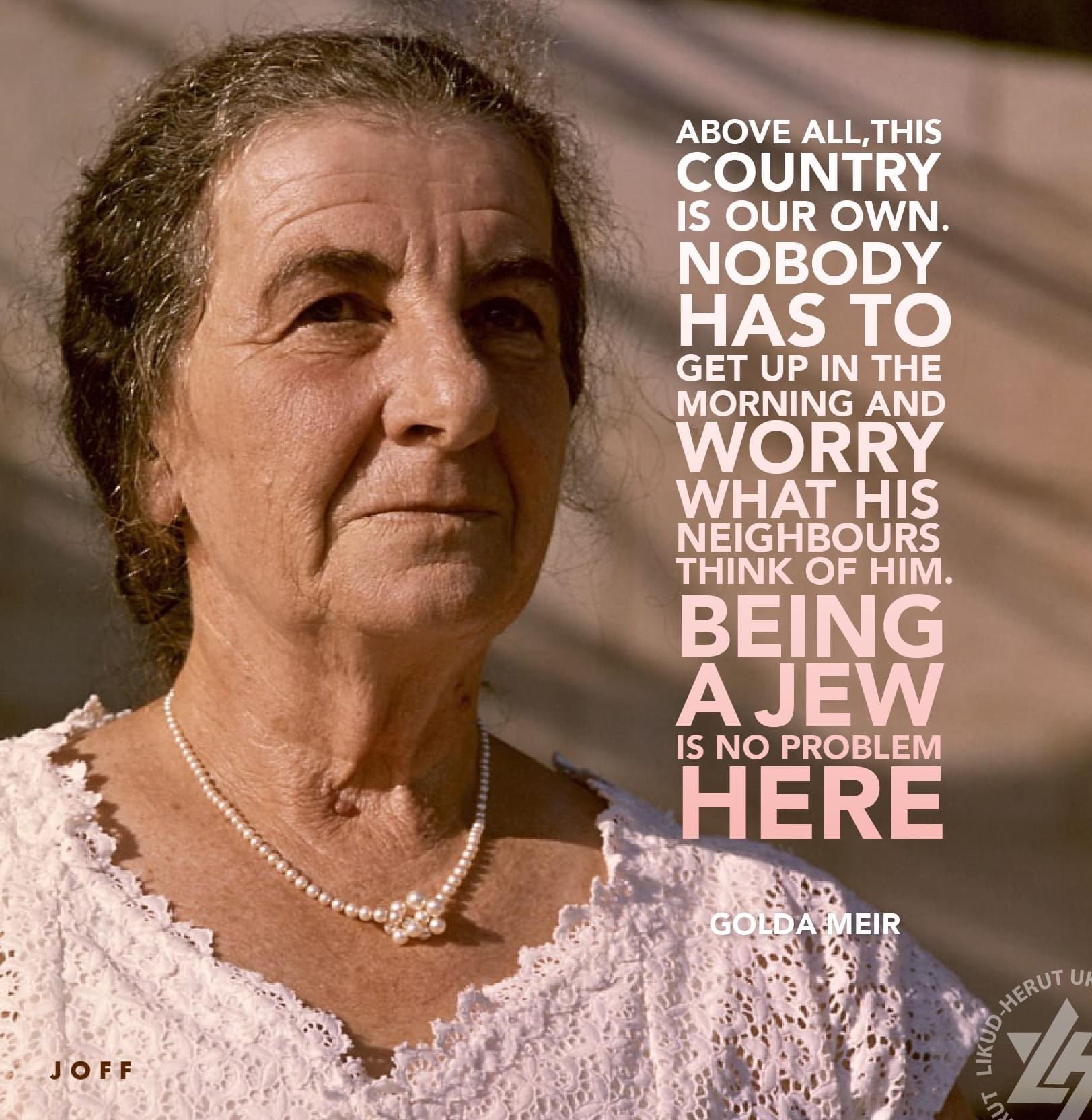[Black Iraqis] say racial discrimination against them is on par with the racism experienced by African Americans, sometimes even surpassing it, as they not only face a lack of recognition, but also economic, political and social atrocities.
Many of them are descendants of African slaves brought to Iraq and have lived in the southern city of Basra for centuries.
They want recognition as a minority group whose rights should be protected, but some told The National that their demands have been ignored by the Iraqi government.
Many say they are unfairly represented and want to prohibit being called “slaves”, especially as the burdens of their ancestors continue to haunt them.
Mohammed Falih, a 31-year-old photographer from Basra, told The National.
“What happened to Floyd must never happen again, it is not only a Black issue, but is a matter that concerns people from all over the world, we will keep fighting until racism ends,” Mr Falih said.
He says getting employment in Iraq has been very tough for those of African origin,
“Getting a job is like a dream, both the government and private sectors see us as second class citizens in the community,” he said.
For decades, Black Iraqis have been humiliated, degraded and have had their dignity taken away from them, Abdul Hussein Abdul Razzaq, founder of the People of Brown Skin movement, told The National.
“Blacks have lived in Iraq as slaves for centuries, they are among Iraq’s most poorest and vulnerable, which is a testament to the fact that racism in Iraq is worse than what exists in America,” Mr Razzaq said.
“The equality that the constitution talks about is a lie," he said.
Blacks in Iraq have been relegated to menial jobs or work as musicians and dancers.
“Some prefer to keep the jobs of their ancestors such as being servants in the homes of tribal sheikhs. Very few have managed to cross the racial barriers,” he said.
It is still common today to hear references to black Iraqis as “slaves,” whether on the street, in the workplace, or even from official figures, Miriam Puttick, Civilian Rights Officer at Minority Rights Group, told The National.
"[Arabs] here still look at us as being incapable of making decisions or even governing our lives. People here are 95 percent illiterate. They have terrible living conditions and very few jobs," he says.
[Jalal] Diyaab takes visitors across the street to a warren of mud-brick courtyards where dozens of people are packed into tiny rooms without running water or sewage. The narrow passageways reek of excrement. Many people sleep in the open yards when the weather is good, because there isn't enough space in the rooms.
"These houses are like caves. This house? This is it," says Diyaab, pointing at a single narrow room and the courtyard outside. He says 15 people, the family of a man called Abu Haidar, live here.
Lightning streaks the night sky as a thunderstorm rolls in from the Persian Gulf. Rain begins to speckle the hard-packed ground. The men gathered around say a heavy rain will flood these rooms ankle-deep with muck and sewage.
Arabic news media has been far more interested in racism in the US than racism in the Arab world.

 Elder of Ziyon
Elder of Ziyon




























